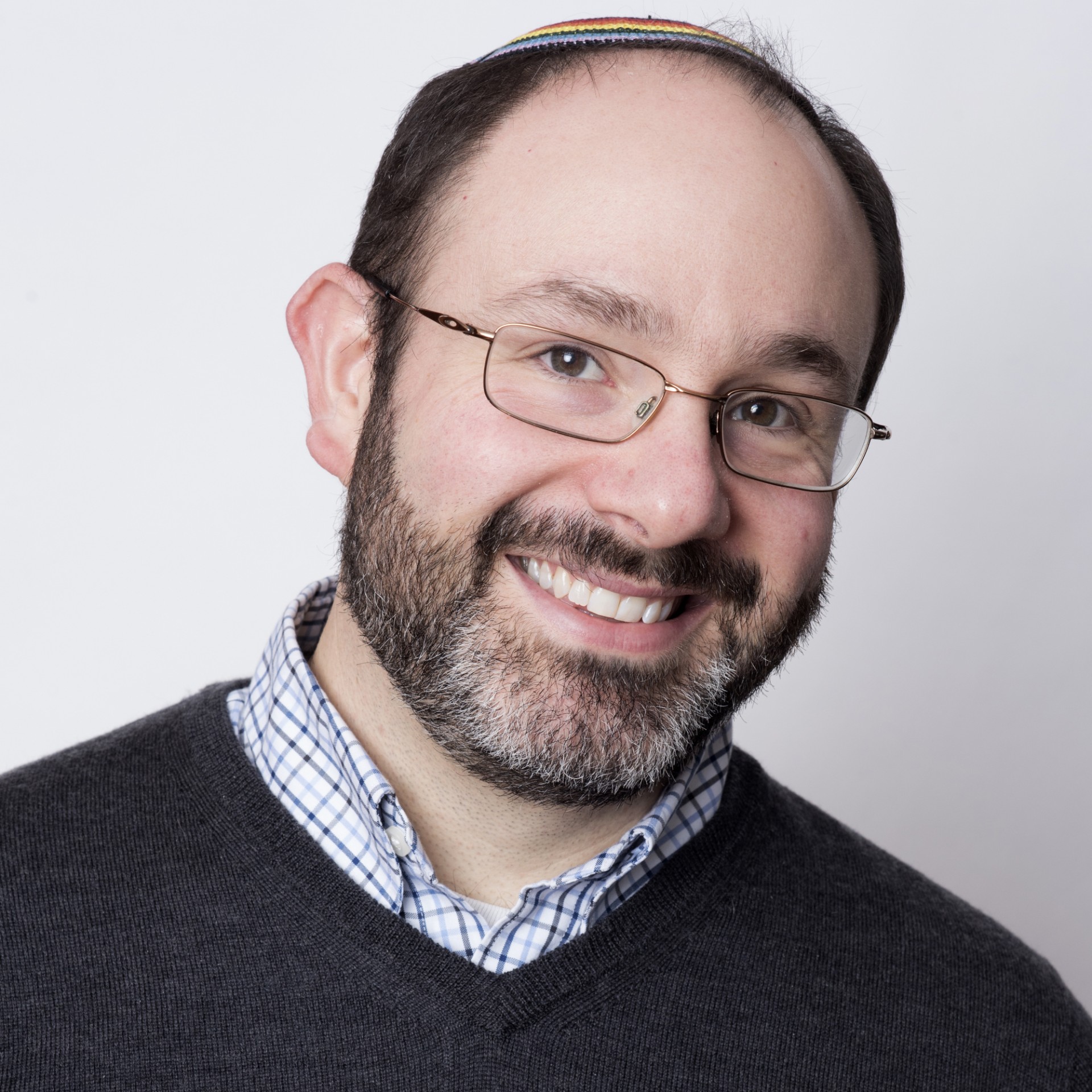19. Be a patriot.
Set a good example of what America means for the generations to come. They will need it.
-Timothy Snyder, On Tyranny
It Must Be Important
I grew up in a military family and lived on military bases around the United States and in Europe for most of my childhood. My father was an officer in the Air Force, and my mother worked for the Department of Defense school system. Being part of a military family shaped how I see the role of patriotism and continues to influence how I set an example for my daughters and the children we have fostered in our home over the years.
Proclaiming nationalism as the reasoning for a belief that benefits an individual personally is distinct from working towards the best interests of our nation. Too often, those who claim to be patriots fail to set an example of what American means. They see America through a lens of personal entitlement rather than through a lens of public obligation.
In Yalkut Shemoni (Genesis 1:13), a medieval collection of midrashim, we learn:
When God formed human beings out of the earth, God didn’t just gather dust from one place to make them. Instead, God took dust from all four corners of the earth, near and far, and God took dust of many colors, red, green, yellow, both light and dark colors. When asked why all these different dusts were needed to form human beings, God responded, so that when one person meets another person, the second cannot say to the first, “This place is not your place, you were not created from it. Go back to the place that you were created from.” Instead, every person can walk from place to place and know that they belong.
Lean into local democratic systems that support community and volunteer for organizations that are vision-aligned with our sense of collective obligation.
Snyder writes that setting a good example of what America means is critical for the next generation. In our home, we do that by leaning into the local democratic systems that support community and by volunteering for organizations that are vision-aligned with our sense of collective obligation. My partner, Jen, does this by volunteering at our synagogue. I express my patriotism by serving as an elected official on our town’s zoning board and through serving on our local volunteer fire department. We donate within our ability to organizations and campaigns whose leaders are working towards the best interests of our nation, not just proclaiming nationalism for personal gain.
A few years ago, when I was leaving to knock on doors for a local candidate running for election, my youngest daughter, Kol, asked if she could join me. She was a shy child and had often been hesitant to accompany me in these moments. I asked her why today she wanted to come with me. She responded with deep wisdom and said, “I know you like to be at home with us, so when you leave I know it must be important for me to see that you are doing it.”
Children are always watching and observing the world around them. They see what is important to us not based on what we say, but how we behave. That is why proclaiming patriotism is not enough to ensure the survival of our democracy; we need to act within our capacity. The next generation needs us to set an example of what America means to us. They need to see that no one is told to “go back to the place that they were created from” but instead told that “they belong.” They need to see that we act with a sense of obligation to the other, rather than a sense of personal entitlement. And most importantly, they need to see that we believe in the promise of what America means, so that they can continue to carry on the legacy of our nation as a place that aspires to see each individual as a valuable part of the whole, rather than a place that separates into “us” versus “them.”








One Response
Thank you for sharing this wonderful midrash on the creation of man. It’s really impactful . . . and sharing just before Election Day is certainly appropriate too.